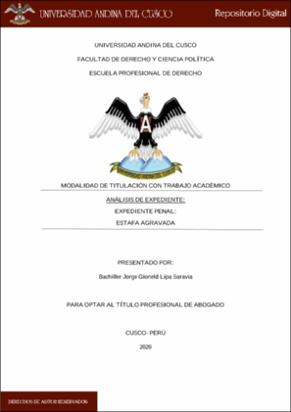| dc.description.abstract | Carlo Ponzi was an Italian immigrant, who in the 20s of the last century started a very
lucrative business in the United States: he offered to pay high interest on the money that
people gave him, in short periods of time. Although Ponzi said that the profit came from
the investments it made with the money raised (reselling postage stamps), the truth was
that the interest offered was paid with the money of the new contributors or savers, in a
staggered and growing chain of people who were persuaded to enter this business. That
is, there were no investments or profit. The “financial pyramids”, also known as Ponzi
schemes, in memory of the first to use them, are a mechanism for raising money,
offering high profits in a short term, without there being an economic activity to support
it. The supposed “earnings“ come from the money delivered by the new contributors or
“savers“, whose growth - for the “business“ to be viable - must be exponential.
Naturally, there comes a time when the number of people required to sustain this
scheme (that is, for everyone to receive the profit that was offered) is so high that it
simply collapses. However, the promoters of this fraudulent mechanism usually do not
wait for it to happen: before they have disappeared, taking all the money collected.
(SBS Informa, 2017)
This Report is from file 01708-2016-0-1001-JR-PE-01 whose object of study is the
crime of Aggravated Scam, in which the consequences of the financial pyramid scam in
which they are immersed will be developed the parts.
Our legal system protects different legal assets, among them we find THE HERITAGE,
which is regulated in our Penal Code, in TITLE V Crimes Against the Heritage, Chapter
V Fraud and Other Fraud, Art. 196 Fraud and more specifically Art.196- Aggravated
fraud, a crime that is the subject of analysis in this report. | en_US |

